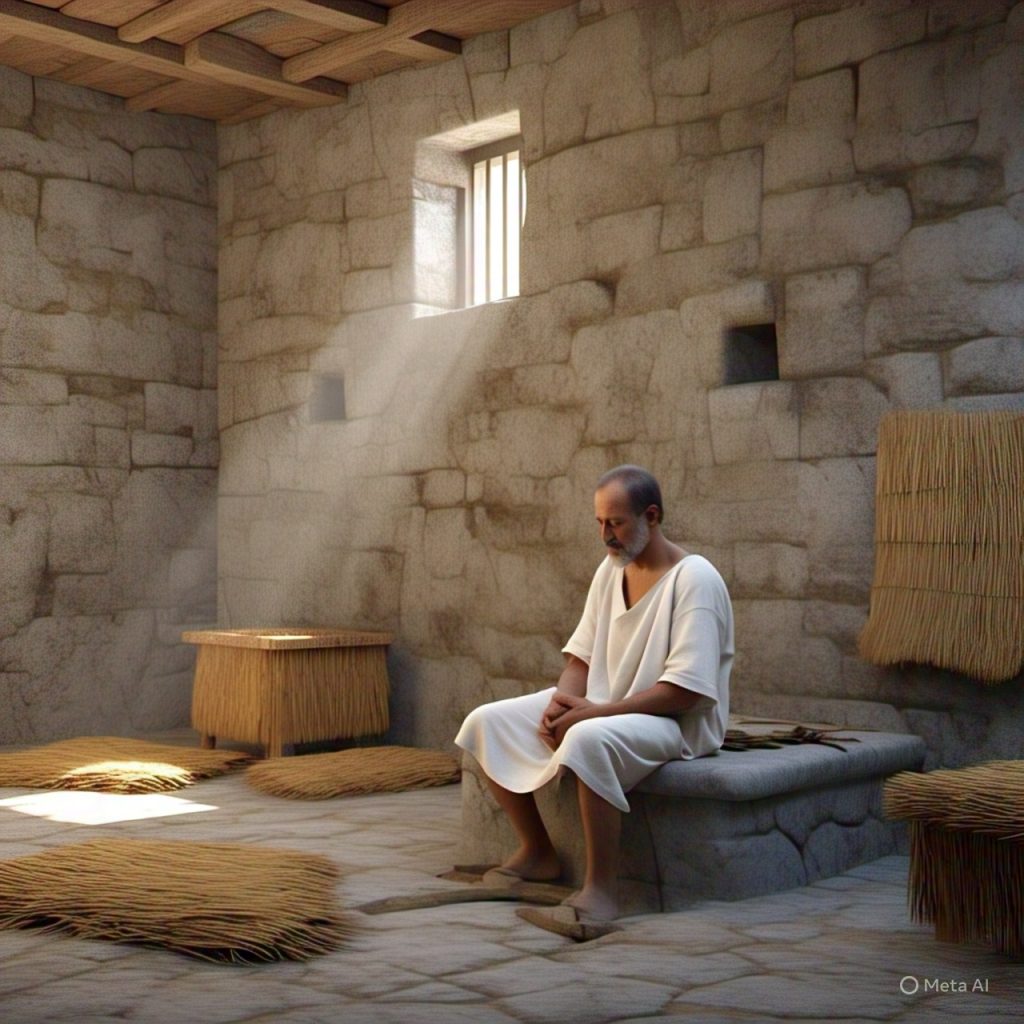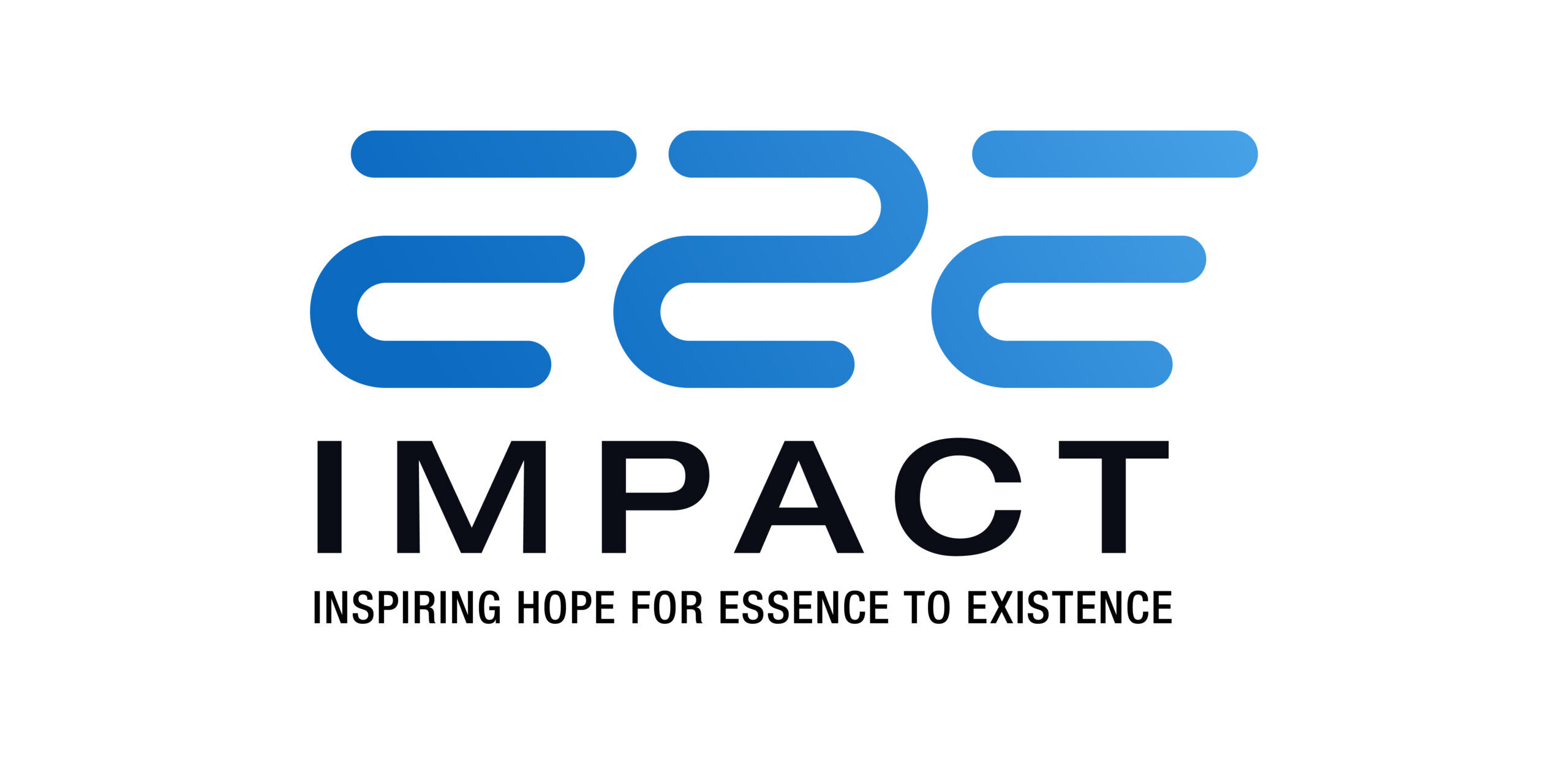
Introduction
The Bible is not just a book to be studied; it is the living and active Word of God that speaks into the very fabric of our lives. Over the years, I have encountered Scripture in ways that have not only deepened my faith but also transformed how I see God, myself, and the world. This paper highlights some of those moments of transformation—where a fresh interpretation of Scripture gave new insight and led to spiritual renewal. From childhood Bible stories to more complex theological engagement, the Bible continues to speak with power and relevance.
From Story to Revelation: Joseph’s Story as My Story

As a child, the story of Joseph in Genesis 37–50 captivated my imagination. It had everything—sibling rivalry, betrayal, imprisonment, dreams, and eventual triumph. Joseph, the dreamer turned ruler, became a personal hero whose story I could retell word for word in Sunday school.
However, it wasn’t until I revisited this narrative as an adult, especially during a season of personal hardship, that the story came alive in a new way. I had faced betrayal by people I trusted and found myself in a metaphorical “prison”—not of stone and bars, but of confusion, disappointment, and spiritual exhaustion. In those moments, I turned again to the story of Joseph.
Reading it with fresh eyes, I began to see layers I had missed before. The story was not just about personal promotion but about divine providence.
“You intended to harm me, but God intended it for good to accomplish what is now being done, the saving of many lives.” — Genesis 50:20 (NIV)
This verse redefined my suffering. It was not random. God was present in the pit, the prison, and the palace. The very pain I was experiencing could be redemptive. That revelation didn’t just comfort me; it empowered me. It gave my suffering a purpose. Joseph’s story became more than inspiration—it became theology. In God’s economy, no experience is wasted. That fresh interpretation deepened my trust in God’s sovereignty and encouraged me to hold on, even when I could not see the end of the story.
Joseph’s Life as a Type of Christ
Joseph’s life can be seen as a foreshadowing of Christ:
- Mistreated by his own: Joseph was sold by his brothers; Jesus was betrayed by His disciples.
- Falsely accused: Joseph was unjustly imprisoned, just as Jesus was wrongly condemned.
- Remained faithful: Both stayed faithful to God amidst suffering.
- Exalted after suffering: Joseph rose to power in Egypt; Jesus was exalted through resurrection.
- Source of salvation: Joseph saved his family from famine; Jesus offers salvation to all humanity.
Joseph and Prophetic Fulfillment
Joseph’s story aligns with the broader narrative of God’s covenant. His life anticipates the fulfillment of prophecy and the coming of Christ. The parallels extend into Revelation, where themes of suffering, exaltation, and salvation are echoed (cf. Revelation 5:5–10).
Joseph and Providential Theology
Joseph exemplifies divine providence in adversity. Despite injustice, he remained faithful, and God used his trials to fulfill His redemptive purposes. This affirms a central tenet of theodicy: God can use suffering for ultimate good.
A New Yoke: Rethinking Matthew 11:28–30

Another passage that radically shaped my faith is Matthew 11:28–30 (NIV):
“Come to me, all you who are weary and burdened, and I will give you rest. Take my yoke upon you and learn from me…”
Initially, I viewed this as an invitation to rest from sin and life’s challenges. But during a season of ministry burnout, the word “yoke” took on new meaning.
Studying its cultural context, I discovered Jesus wasn’t offering freedom from work but a better kind of work—alignment with Him. A yoke is a tool for labor, but Jesus promises one that is “easy” and a burden that is “light.” The contrast is with the weight of legalism and self-reliance (cf. Galatians 5:1).
This realization transformed my understanding of grace—not just as pardon, but as empowerment.
“I had taken on burdens God never gave me. Rest wasn’t about doing less but about doing life with Christ.”
Then came a fresh layer of insight: What is in His burden that makes it light and gives me peace? The Holy Spirit opened my heart:
- His love is in the yoke – He won’t give me more than I can bear (cf. 1 Corinthians 10:13).
- His joy is in it – The joy of the Lord is my strength (cf. Nehemiah 8:10).
- His peace is in it – Jesus offers peace not as the world gives (cf. John 14:27).
- His presence is in the burden – “I will never leave you nor forsake you” (Hebrews 13:5).
This interpretive journey deepened my faith and led me to greater spiritual formation, aligning with Christ in both mission and rest.
A Fresh Interpretation of Romans 8:28

Romans 8:28 (NIV) declares:
“And we know that in all things God works for the good of those who love him, who have been called according to his purpose.”
At first, I interpreted this verse as a blanket promise that God would turn my pain into personal gain. But deeper study brought richer theological clarity.
Paul’s statement cannot be divorced from verse 29:
“For those God foreknew he also predestined to be conformed to the image of his Son.”
The “good” is not material comfort, but Christlikeness. God uses all things—joys and trials—to make us more like Jesus. This revealed to me that Romans 8:28 is ultimately about sanctification, not circumstantial success.
Moreover, this “good” is part of God’s eternal redemptive plan. It ties into soteriology—the doctrine of salvation—and affirms that God’s sovereignty governs even our suffering. My perspective shifted from expecting God to fix my problems to trusting Him to form my character through them.
“The Bible doesn’t just offer comfort; it invites us into deeper discipleship and a clearer view of God’s eternal purposes.”
The Joy of Interpretation

What excites me most spiritually about interpreting Scripture well is the transformation that comes with it. Each new discovery feels like opening a treasure chest—shaping my theology, correcting my assumptions, and deepening my love for God.
“Interpreting Scripture draws me closer to God’s heart and equips me to lead others more faithfully.”
Through rightly dividing the Word, I grow not only in knowledge but in Christlike character. This is the joy and calling of the theological journey.
Conclusion
These interpretive encounters have not merely informed my theology—they have formed my faith. They have turned the Bible from a textbook into a treasure. Whether it’s finding purpose in Joseph’s suffering, freedom in Christ’s yoke, or maturity in God’s providence, Scripture continues to be a well that never runs dry.
“To know God through His Word is the highest privilege, and to be changed by that Word is the greatest joy of all.”
As I continue this journey of interpreting the Bible, I do so with awe, gratitude, and a sense of sacred responsibility.
Suggested References
- Craig Keener, The IVP Bible Background Commentary: New Testament (InterVarsity Press, 1993).
- Graeme Goldsworthy, Gospel and Kingdom (Paternoster, 1981).
- Christopher J. H. Wright, Knowing Jesus Through the Old Testament (IVP, 1992).
Search
Reason
Deep research
Create image
